Pfizer’s Novel COVID-19 Oral Antiviral Treatment Candidate Reduced Risk of Hospitalization or Death by 89% in Interim Analysis of Phase 2/3 EPIC-HR Study
Friday, November 05, 2021 - 06:45am
- PAXLOVID™ (PF-07321332; ritonavir) was found to reduce the risk of hospitalization or death by 89% compared to placebo in non-hospitalized high-risk adults with COVID-19
- In the overall study population through Day 28, no deaths were reported in patients who received PAXLOVID™ as compared to 10 deaths in patients who received placebo
- Pfizer plans to submit the data as part of its ongoing rolling submission to the U.S. FDA for Emergency Use Authorization (EUA) as soon as possible
NEW YORK--(BUSINESS WIRE)-- Pfizer Inc. (NYSE: PFE) today announced its investigational novel COVID-19 oral antiviral candidate,PAXLOVID™, significantly reduced hospitalization and death, based on an interim analysis of the Phase 2/3 EPIC-HR (Evaluation of Protease Inhibition for COVID-19 in High-Risk Patients) randomized, double-blind study of non-hospitalized adult patients with COVID-19, who are at high risk of progressing to severe illness. The scheduled interim analysis showed an 89% reduction in risk of COVID-19-related hospitalization or death from any cause compared to placebo in patients treated within three days of symptom onset (primary endpoint); 0.8% of patients who received PAXLOVID™ were hospitalized through Day 28 following randomization (3/389 hospitalized with no deaths), compared to 7.0% of patients who received placebo and were hospitalized or died (27/385 hospitalized with 7 subsequent deaths). The statistical significance of these results was high (p<0.0001). Similar reductions in COVID-19-related hospitalization or death were observed in patients treated within five days of symptom onset; 1.0% of patients who received PAXLOVID™ were hospitalized through Day 28 following randomization (6/607 hospitalized, with no deaths), compared to 6.7% of patients who received a placebo (41/612 hospitalized with 10 subsequent deaths), with high statistical significance (p<0.0001). In the overall study population through Day 28, no deaths were reported in patients who received PAXLOVID™ as compared to 10 (1.6%) deaths in patients who received placebo.
At the recommendation of an independent Data Monitoring Committee and in consultation with the U.S. Food and Drug Administration (FDA), Pfizer will cease further enrollment into the study due to the overwhelming efficacy demonstrated in these results and plans to submit the data as part of its ongoing rolling submission to the U.S. FDA for Emergency Use Authorization (EUA) as soon as possible.
“Today’s news is a real game-changer in the global efforts to halt the devastation of this pandemic. These data suggest that our oral antiviral candidate, if approved or authorized by regulatory authorities, has the potential to save patients’ lives, reduce the severity of COVID-19 infections, and eliminate up to nine out of ten hospitalizations,” said Albert Bourla, Chairman and Chief Executive Officer, Pfizer. “Given the continued global impact of COVID-19, we have remained laser-focused on the science and fulfilling our responsibility to help healthcare systems and institutions around the world while ensuring equitable and broad access to people everywhere.”

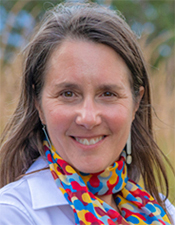
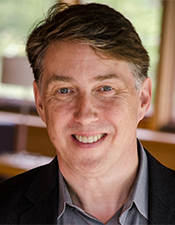
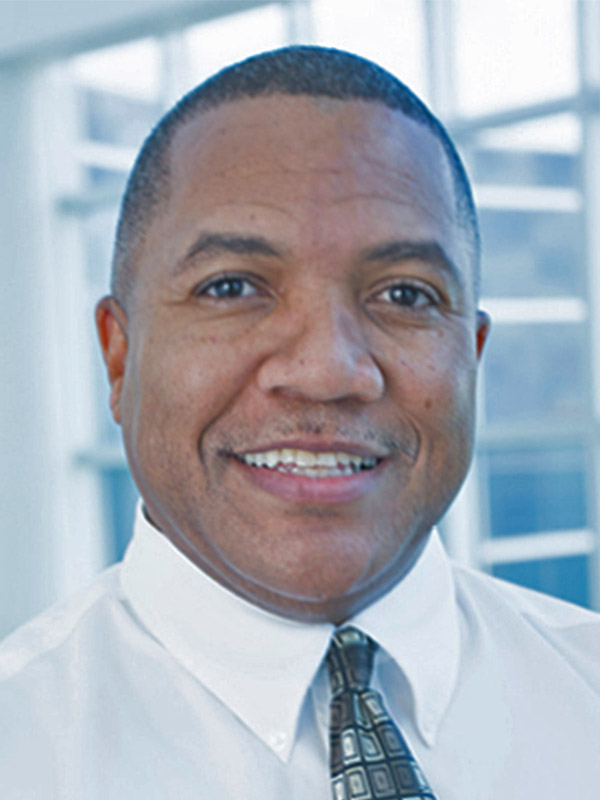
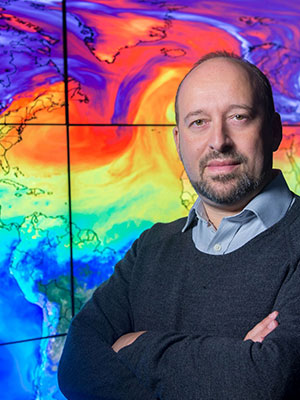 NASA is best known for exploring other worlds, whether that’s sending astronauts to the Moon or flying helicopters on Mars. But under US President Joe Biden, the space agency intends to boost its reputation as a major player in studying Earth — especially with an eye towards fighting climate change.
NASA is best known for exploring other worlds, whether that’s sending astronauts to the Moon or flying helicopters on Mars. But under US President Joe Biden, the space agency intends to boost its reputation as a major player in studying Earth — especially with an eye towards fighting climate change.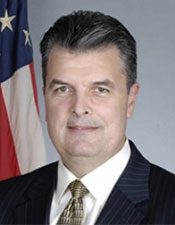 The Support of Science Award honors an individual who merits recognition for outstanding and dedicated support of U.S. science, free scientific communication, and support of basic research.
The Support of Science Award honors an individual who merits recognition for outstanding and dedicated support of U.S. science, free scientific communication, and support of basic research.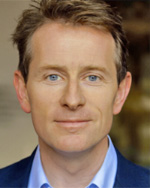 James Carroll, CEO of THOR Photomedicine, a speaker at the 2019 CSSP Spring Leadership Workshop, received the T.H. Maimen Award for outstanding research during the Academy for Laser Dentistry’s (ALD) award ceremony at their annual conference (April 8-10), during which Red Light Therapy’s role in revolutionizing medical care was showcased. Kathleen Maimen, widow of Laser inventor Theodore Maimen, presented the award.
James Carroll, CEO of THOR Photomedicine, a speaker at the 2019 CSSP Spring Leadership Workshop, received the T.H. Maimen Award for outstanding research during the Academy for Laser Dentistry’s (ALD) award ceremony at their annual conference (April 8-10), during which Red Light Therapy’s role in revolutionizing medical care was showcased. Kathleen Maimen, widow of Laser inventor Theodore Maimen, presented the award.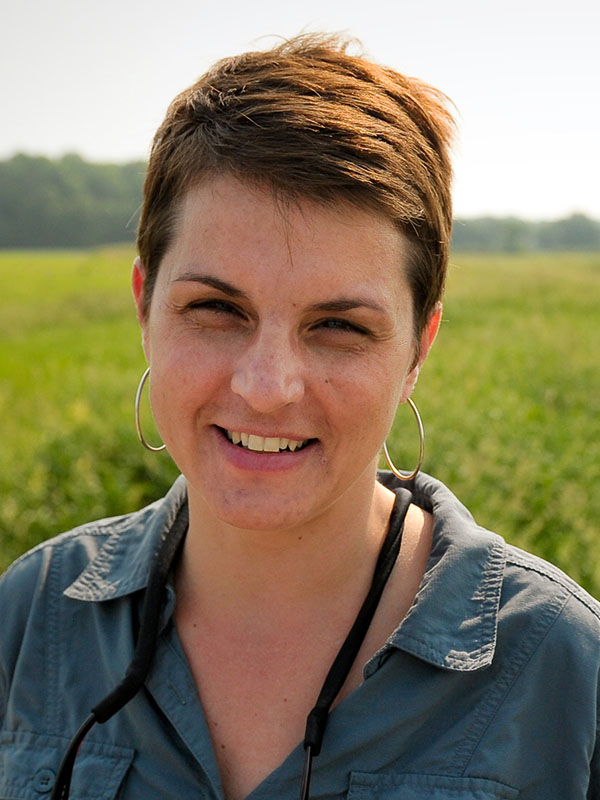 Jennifer L. Tank
Jennifer L. Tank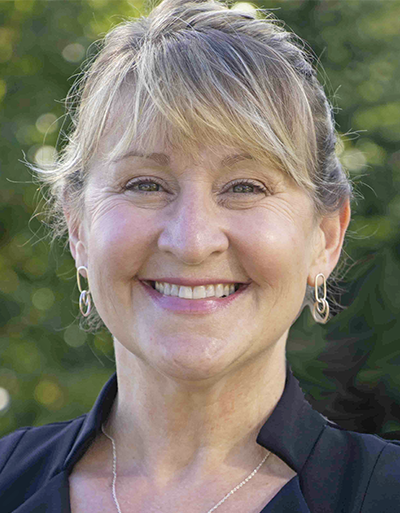 Dr. Deborah Bronk, President of Bigelow Laboratory for Ocean Sciences and former CSSP Chair, has been named as an American Association for the Advancement of Science Fellow.
Dr. Deborah Bronk, President of Bigelow Laboratory for Ocean Sciences and former CSSP Chair, has been named as an American Association for the Advancement of Science Fellow.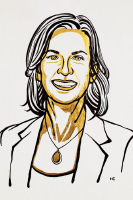 The Council of Scientific Society Presidents is excited to share that the Royal Swedish Academy of Sciences has awarded the Nobel Prize in Chemistry 2020 to Dr. Jennifer A. Doudna, CSSP 2016 Kavli Lecturer, along with Emmanuellle Charpentier, "for the development of a method for genome editing."
The Council of Scientific Society Presidents is excited to share that the Royal Swedish Academy of Sciences has awarded the Nobel Prize in Chemistry 2020 to Dr. Jennifer A. Doudna, CSSP 2016 Kavli Lecturer, along with Emmanuellle Charpentier, "for the development of a method for genome editing."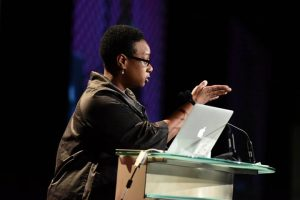 Our August CSSP Chat on Ensuring Diversity and Equity in STEM, led by
Our August CSSP Chat on Ensuring Diversity and Equity in STEM, led by 